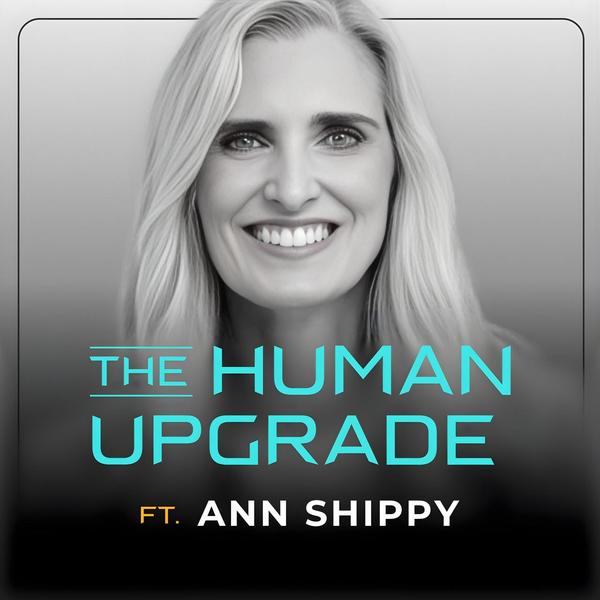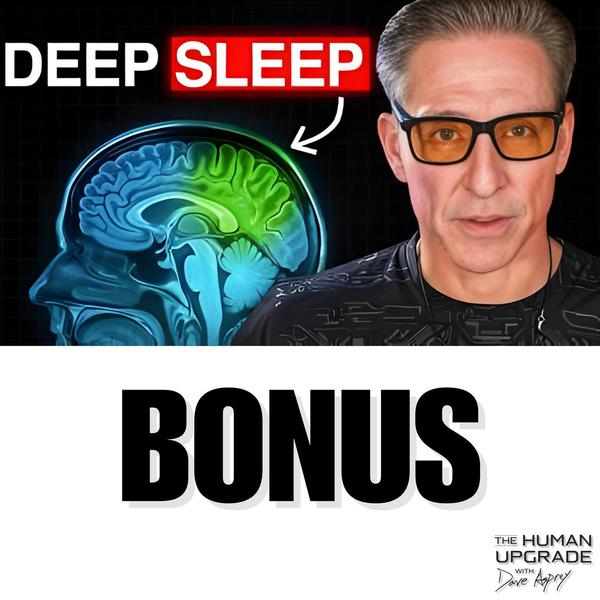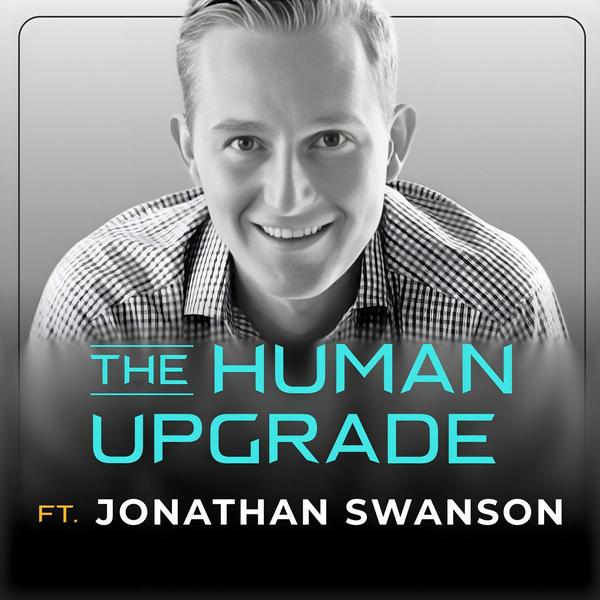The Biohacking Tool That Will Change the World (Mitochondrial Transfusions)
Dave Asprey
22 jul 2025
Mindsip insights from this episode:
Beware of common drugs that damage mitochondria
Certain pharmaceuticals, including the common antibiotic Cipro (fluoroquinolone) and statins, can cause severe and permanent mitochondrial damage.
Leverage bone marrow stem cells as mitochondrial factories
A new theory proposes that bone marrow stem cells are the body's central factory, creating replacement mitochondria to supplement other organs as they burn out.
Leverage nature's brute force strategy for mitochondrial quality
Nature ensures mitochondrial quality not through complex repair but by packing each egg cell with up to 500,000 copies, relying on sheer numbers.
Explore mitochondrial adaptations for environmental resilience
Different human populations have evolved mitochondria suited for specific environments, such as Inuit mitochondria for cold climates and Ethiopian mitochondria for endurance running.
Recognize mitochondria's role as 10% of body weight
A simple but powerful fact is that mitochondria make up 10% of your total body weight.
Infuse trillions of mitochondria for transformative health benefits
A standard stem cell treatment is equated to 'three days of youth,' whereas the goal of mitochondrial therapy is to infuse trillions of mitochondria, equivalent to 5,000 stem cell treatments.
Understand mitochondrial damage to navigate aging's unpredictability
Recent research shows mitochondrial damage is randomly distributed throughout the body, which explains why one person gets Parkinson's while another gets ALS from the same underlying weakness.
Utilize ketones to shield mitochondria from radiation damage
The presence of ketone bodies can protect mitochondrial DNA from the ionizing radiation damage experienced during air travel or space flight.
Share mitochondria through nanotubes to aid cell recovery
Contrary to old textbook models, cells actively share mitochondria with their neighbors through nanotubes, loaning them out to help damaged cells recover.
Investigate autism as a low-power algorithm in brain processing
One theory suggests autism develops because the brain, lacking sufficient mitochondrial power, creates 'low-power algorithms' to process information.
More from
Dave Asprey
You also might be interested in
Dr. Casey Means: Eat like THIS to reduce your Risk of Metabolic Disease!
Improve Energy & Longevity by Optimizing Mitochondria | Dr. Martin Picard
Dr. Casey Means: Stop Ignoring Your Health — Do These 5 Free Tests!
The Untold Science Of Vibration Therapy & The “BioDrive” Breakthrough That Regulates Your Mind and Body, With Dr. Mike North
Breakthrough Cuts Heart Disease by 25%

















